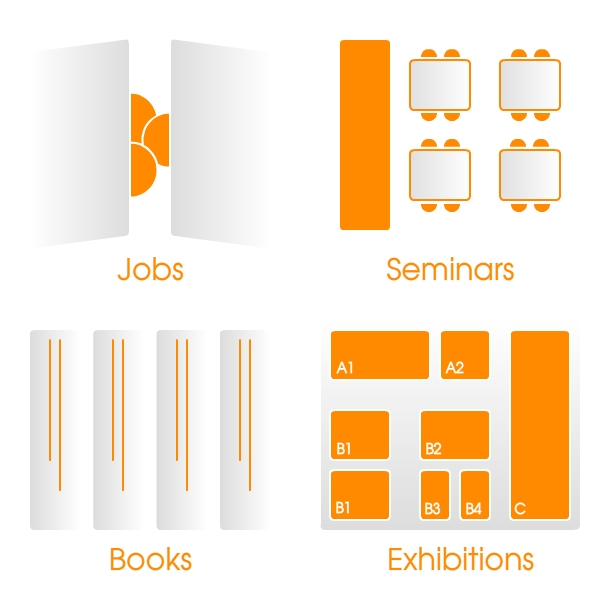
During this conference, we could analyse to what extent private companies are able to help teachers, schoolheads and school communities in changing their working methods, for example through coaching and mentoring. One month ago I took part in a working group at IBM’s headquarters in London, aiming to allow companies and schools to work together on this important issue “science education”.
We heard several examples today and we also know in our association about Professor John West Burnham’s project in Birmingham to create a new concept of education in the European cities requiring new models of leadership and leaders. Among their new roles, they have to promote science education, because as we all know, this means more work and less unemployment for the young generations. To motivate children, then students for science and technology, schoolheads have to develop new skills; they have to organize learning at school in a different way, taking into account the need for involving their teachers in some interesting partnerships at school and outside the school. It was the aim of our seminar in Poitiers last week to show that vision and strategy have to replace the former rules of administration and management, and if you are interested, I can send you more information about this issue. One of the success factors –which we can find in the Finnish society, is the “harmony” between what happens in schools and what can be learnt in the environment. The new Environment for our schoolchildren is Europe.
ESHA supports a project called ELOS (Europe as a Learning Environment) aiming at developing key competences for the future European citizen. 11 European countries are already involved in the project. We heard this morning about ERC, a very interesting initiative in Austria.
In my country, there is since 2005 a new law introducing a big change in school regulations: it takes into account the European Framework and the recommendations of the EU on key competences for Lifelong Learning, and this concerns both students’ curricula and teachers initial training, too - beginning of course with the new ones. For the ones already in duty, they have to be addressed by continuous professional development.
It is one sort of cultural revolution.
To conclude, I would like to insist on the need to change the internal structure of the schools. Some experiments –like Slash 21 in the Netherlands show us that 13 years old students are able to choose what they want to learn, able to decide when and how, able to know why .. connecting learning with their own future...
If we keep our rigid organization based on classes, where teaching is the same for all, we will still have thousands of students dropped out each year.
Thank you for your attention!
- « first
- ‹ previous
- 1
- 2
- 3
 Dans son livre : "Virage européen ou mirage républicain? Quel avenir voulons-nous?", Nelly Guet démontre la sclérose du système éducatif français et fait des propositions européennes.
Dans son livre : "Virage européen ou mirage républicain? Quel avenir voulons-nous?", Nelly Guet démontre la sclérose du système éducatif français et fait des propositions européennes.


